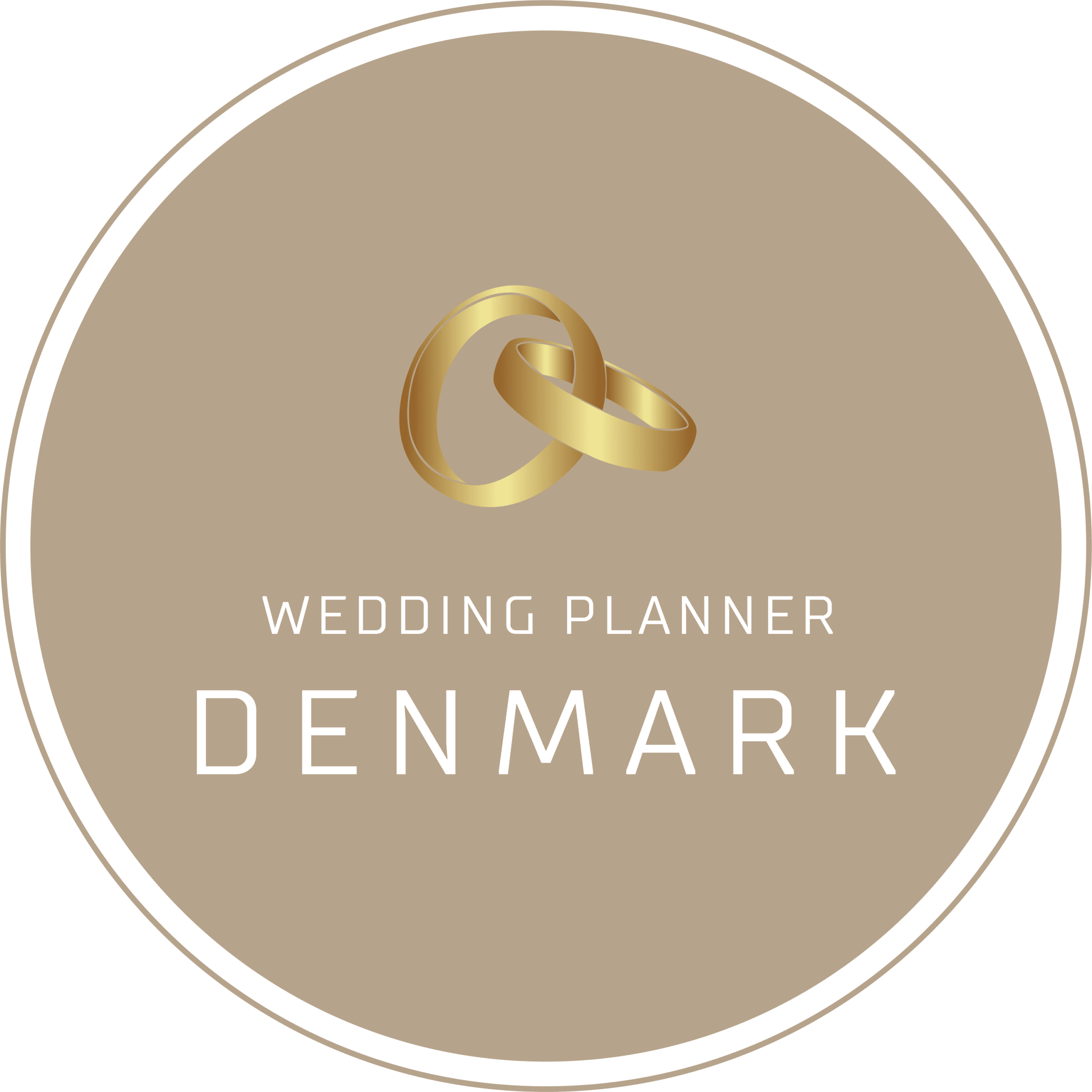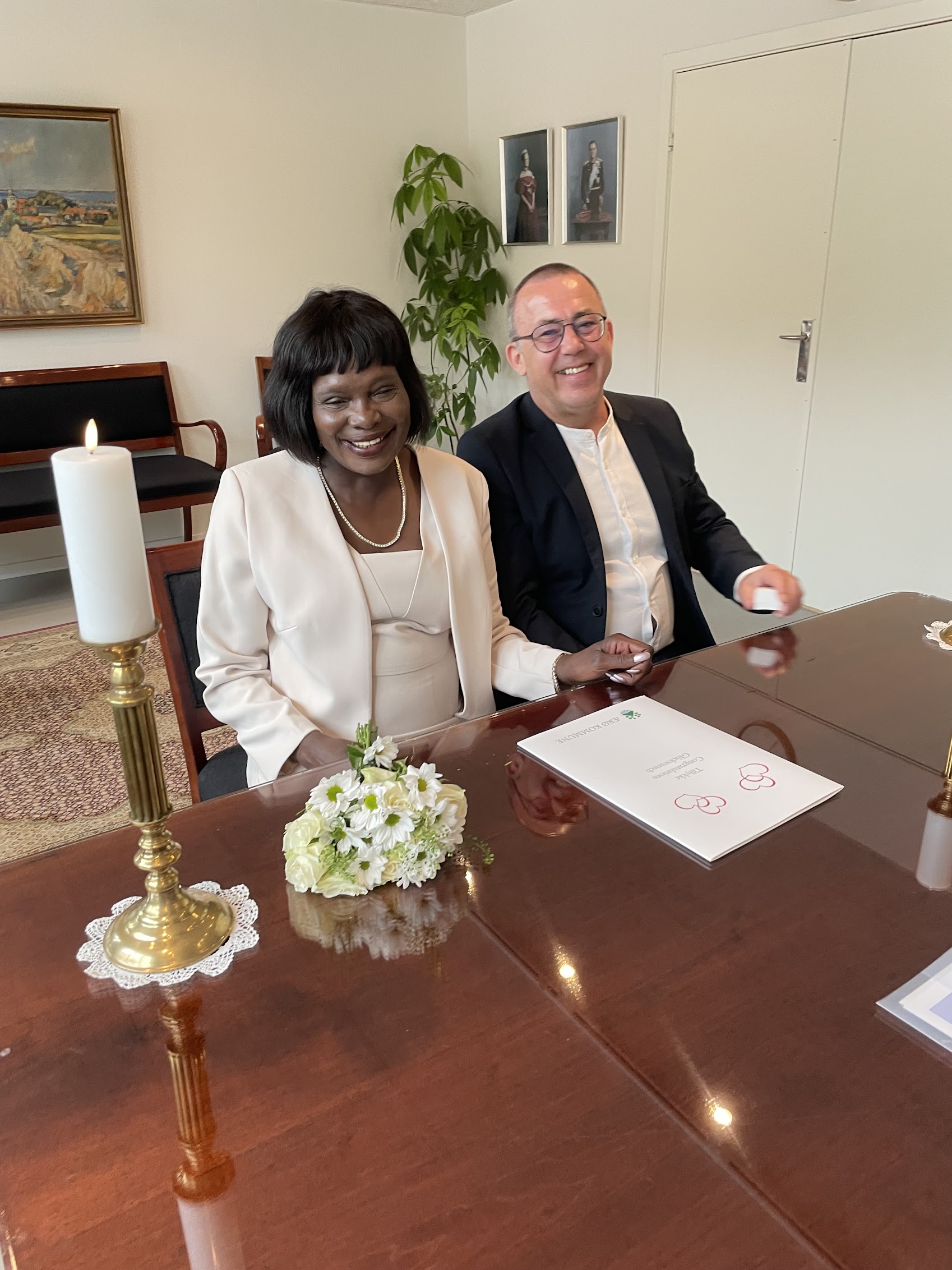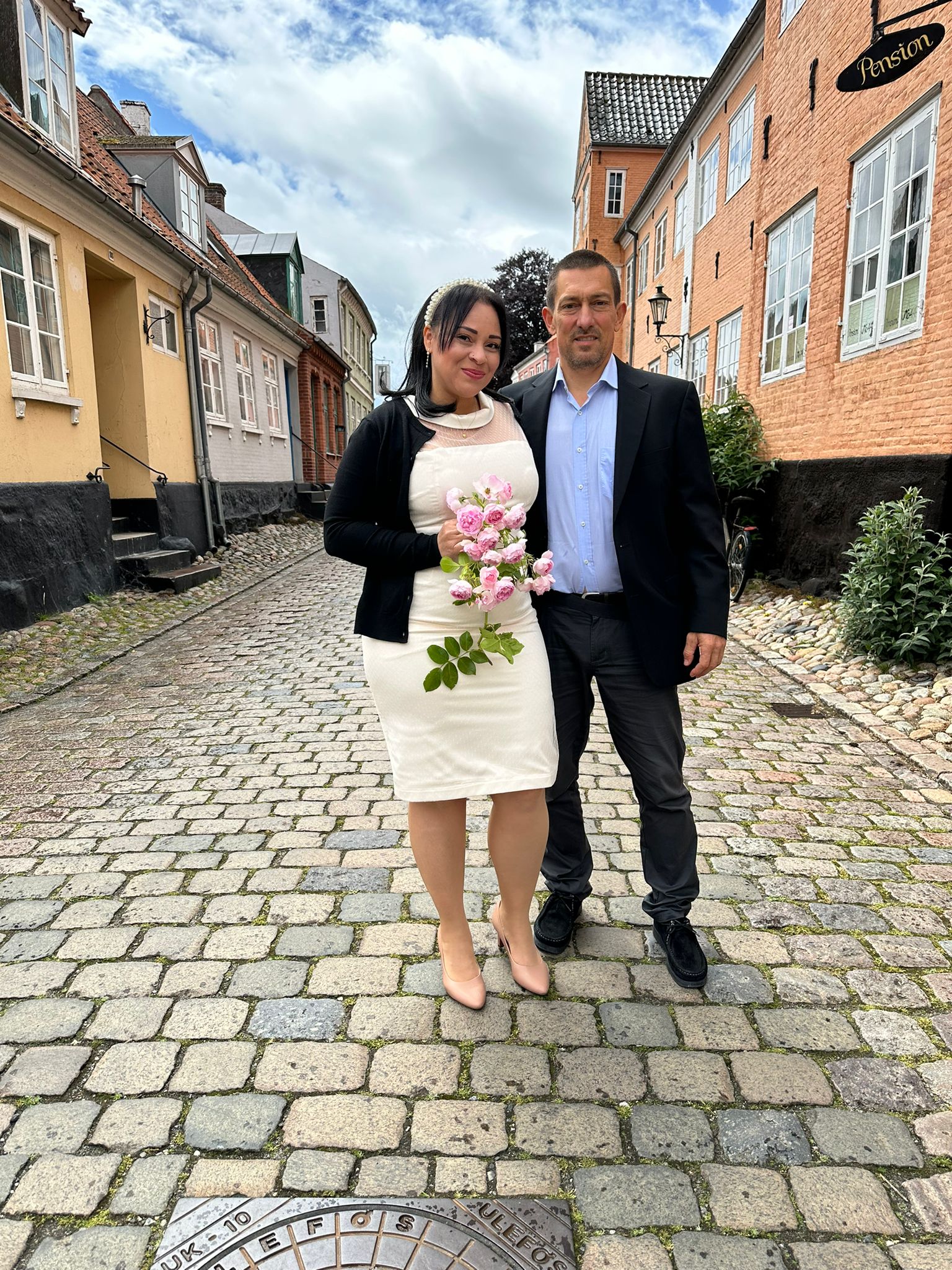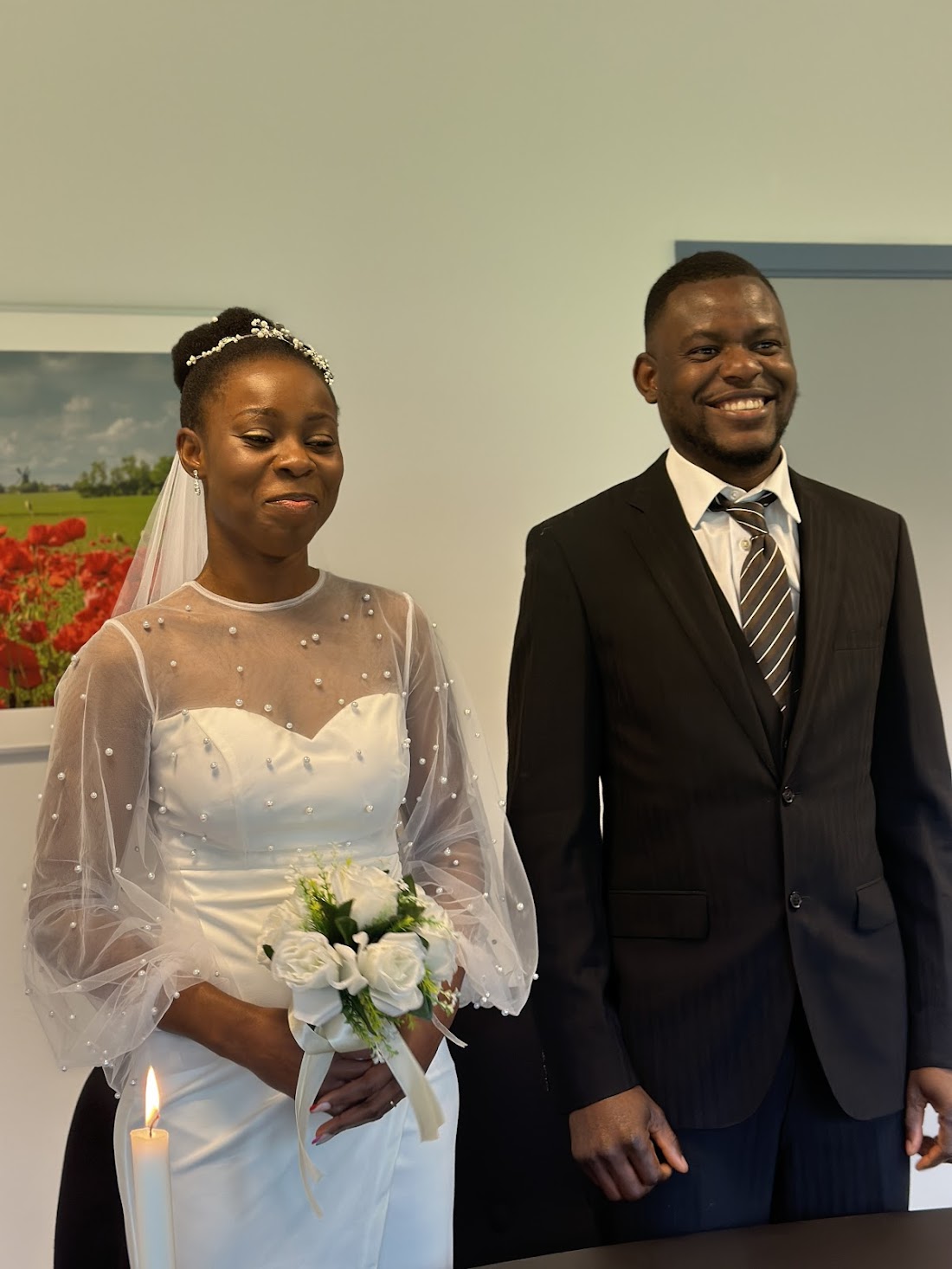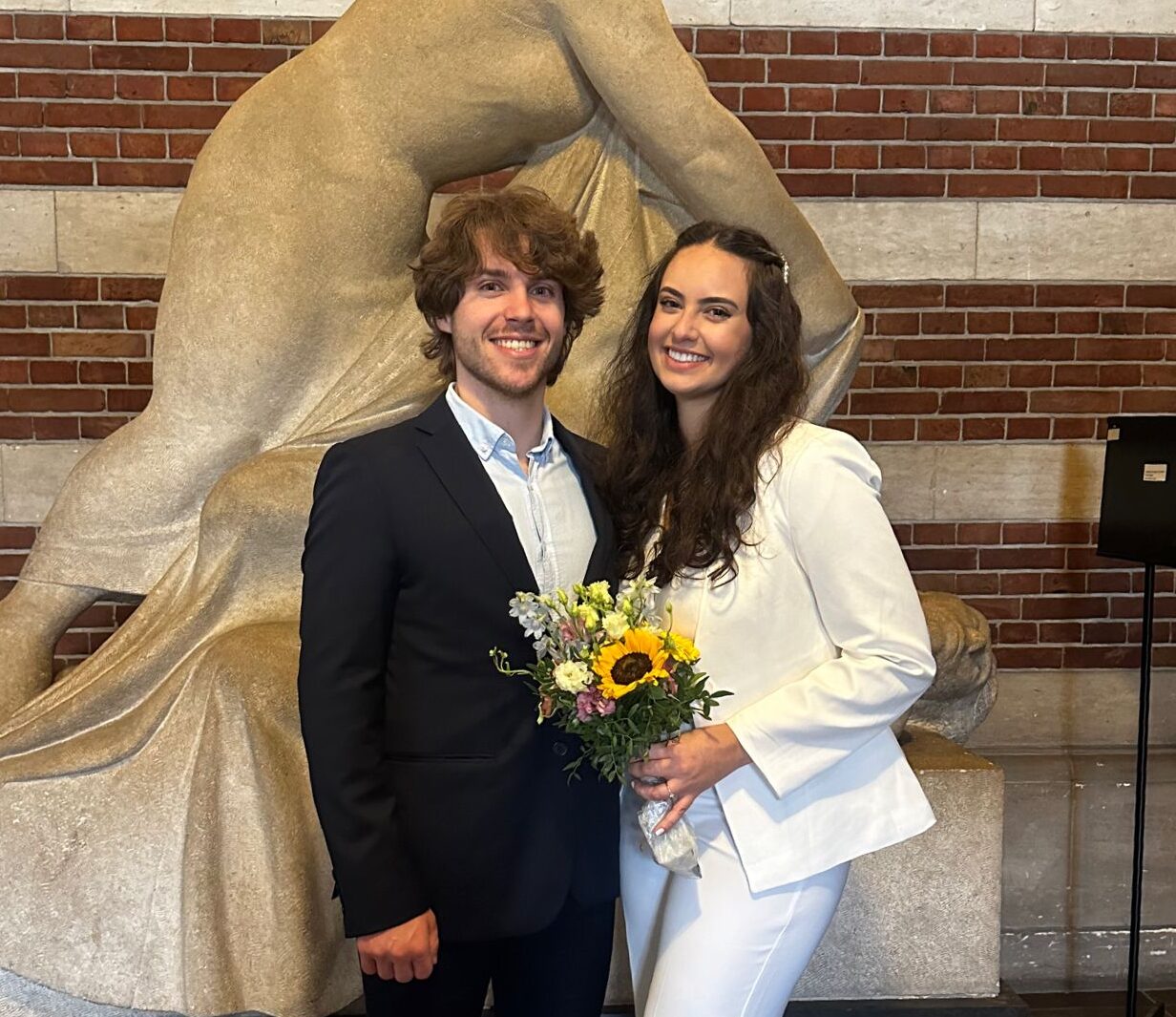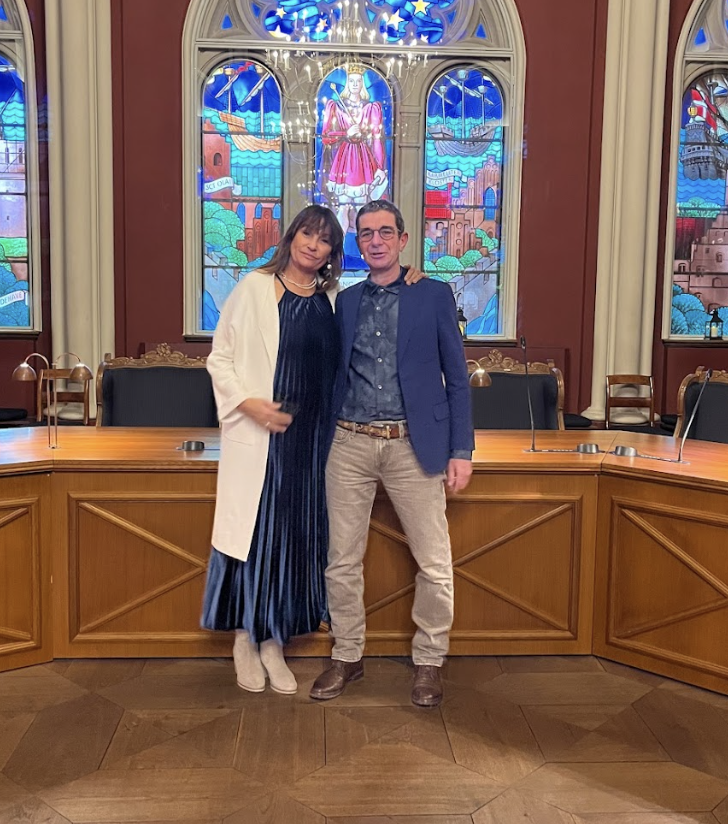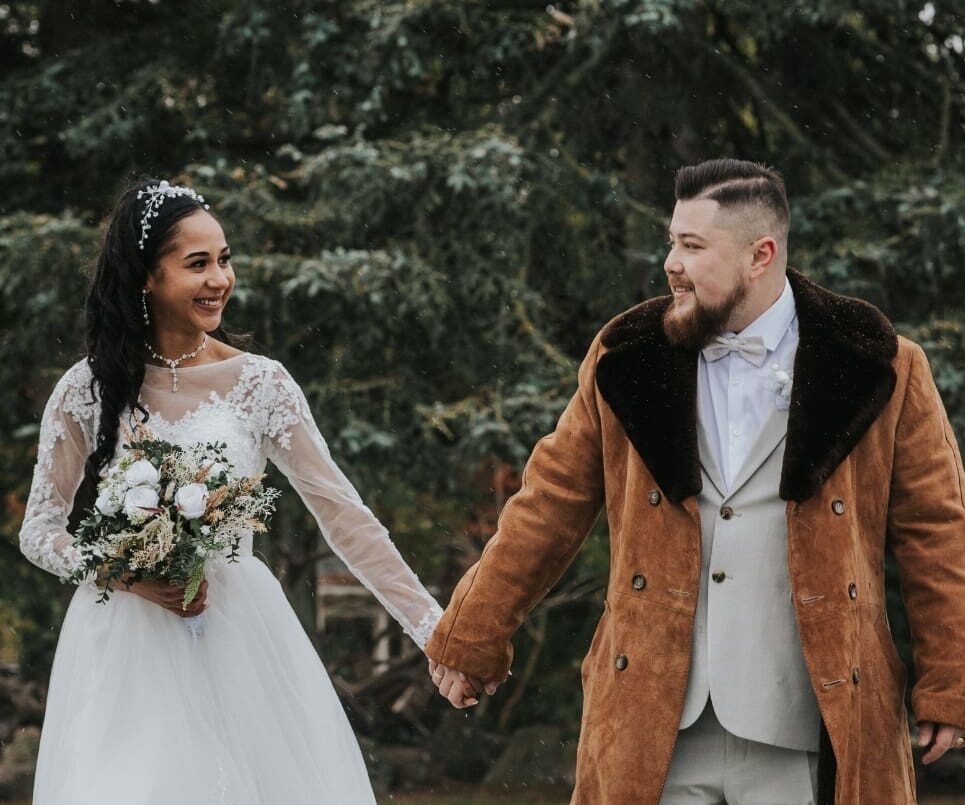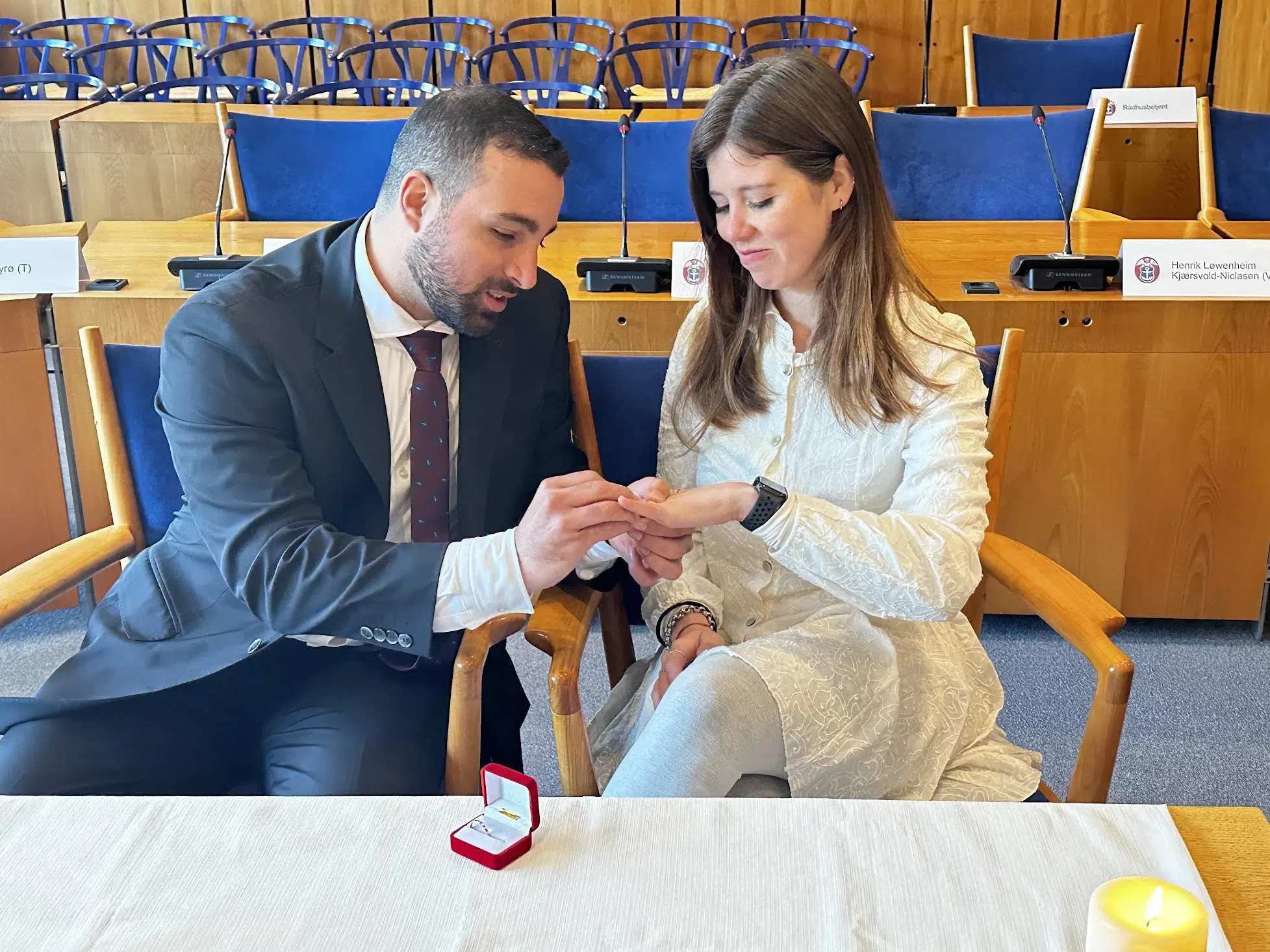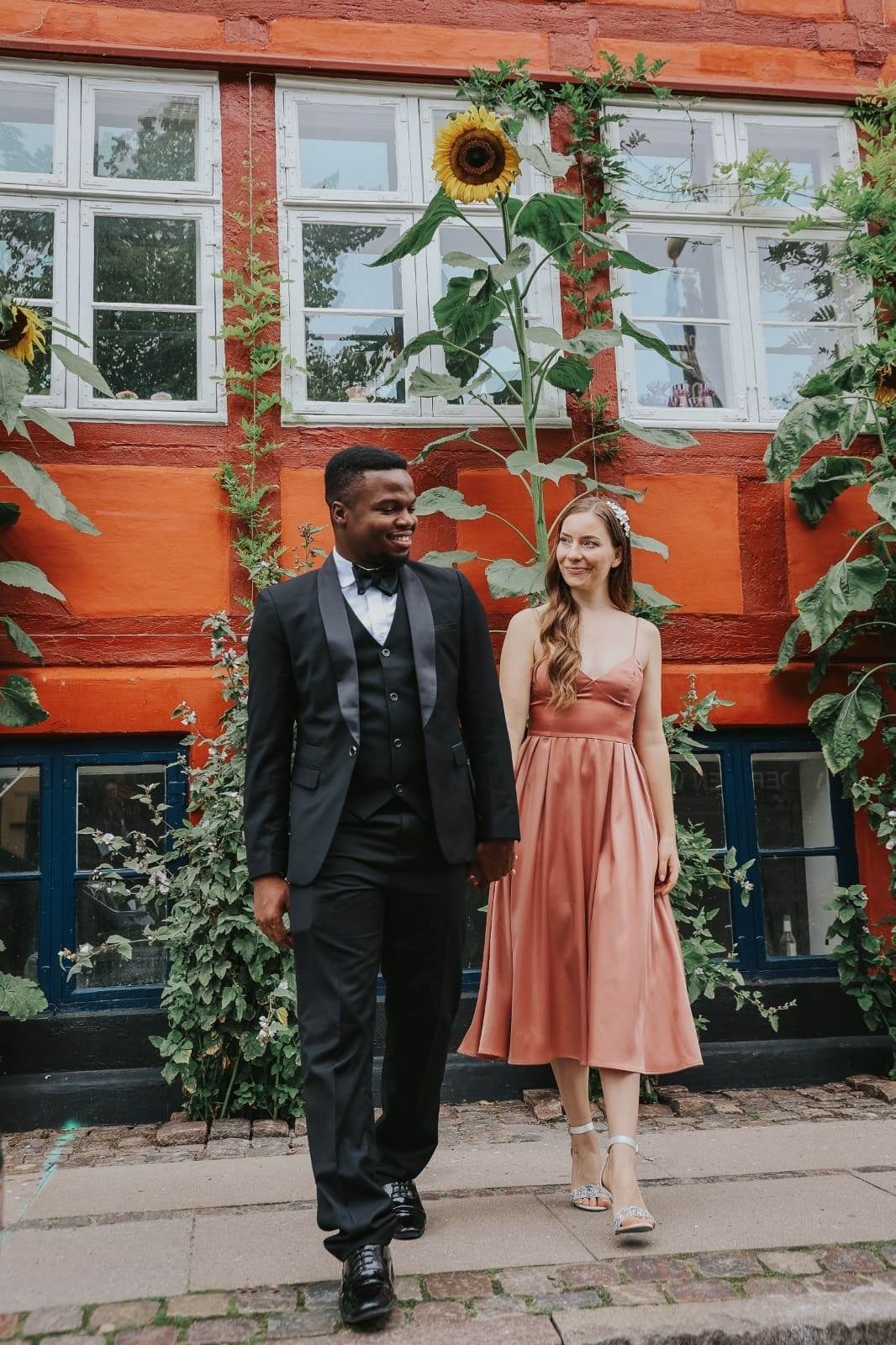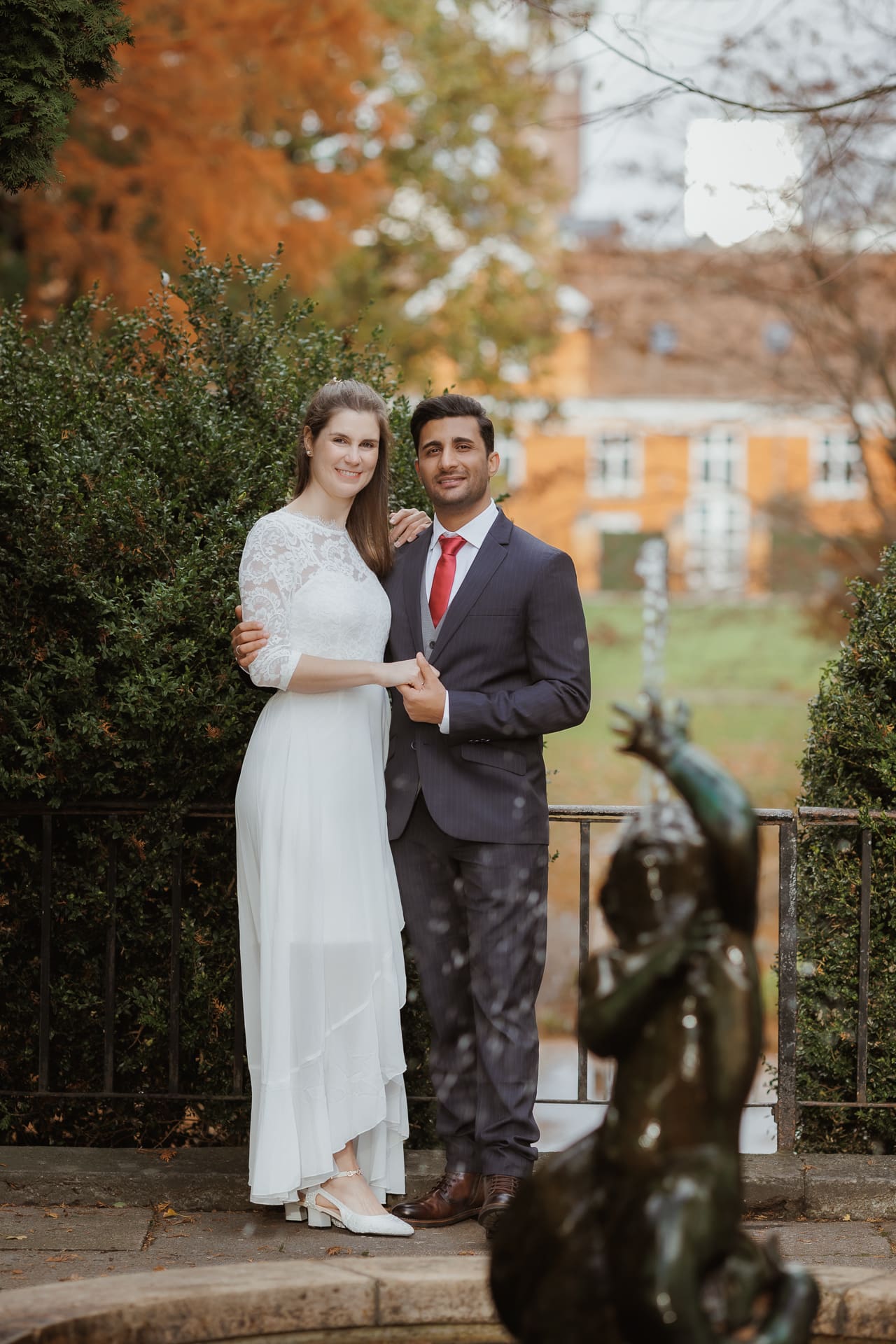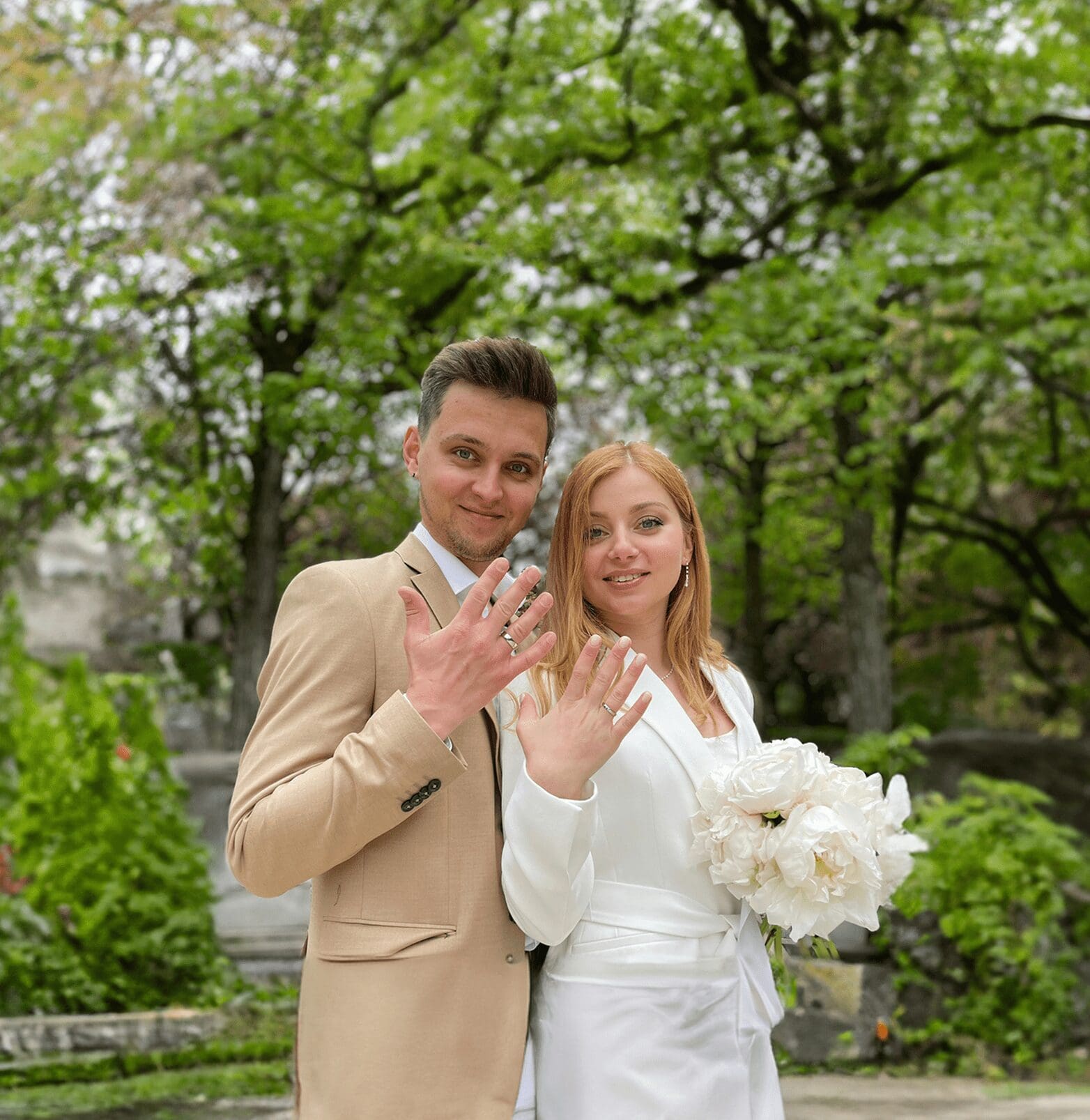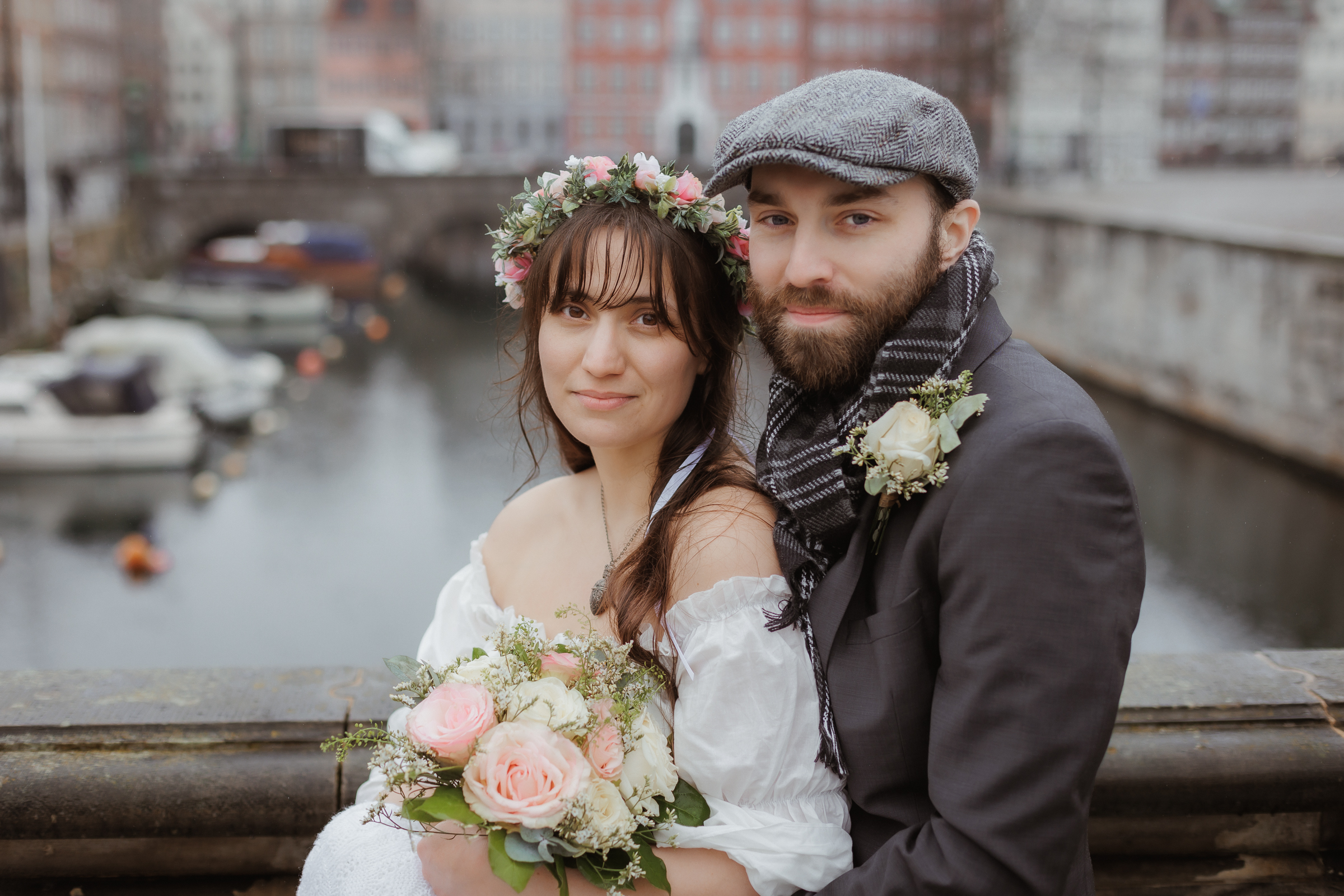Frequently Asked Questions
Can I get married in Denmark with accommodation included?
Yes, our Hotel & Wedding Package is designed specifically for couples who want both the wedding and accommodation arranged in one. It includes a two-night stay at the five-star Copenhagen Marriott Hotel, along with full legal support, ceremony coordination, and Apostille service. This means you only need to plan your trip to Denmark. Everything else is already taken care of.
How long does the marriage application process take?
Efficient approval process:
The marriage application process in Denmark is known for its speed and simplicity. If all required documents are submitted correctly, the Agency of Family Law (Familieretshuset) typically issues a Certificate of Marital Status within five working days.Why complete documentation matters:
Submitting a complete and accurate application is essential. Missing or incorrect documents may delay your approval and require additional rounds of communication.Risk of delays in complex cases:
If the Agency of Family Law requests further information, the processing time may be extended. In such cases, it can take up to 3–4 months to receive a response after you’ve provided the requested details.How to keep things on track:
To ensure a smooth and timely process, respond promptly to any messages or clarification requests from the Agency. Fast communication helps avoid unnecessary delays.Need a document checklist?
Visit our Required Documents page for full details on what’s needed.
You can also explore our Prices and Services to see how we assist international couples getting married in Denmark.
What is the ceremony like?
Simple and elegant civil wedding:
The Danish wedding ceremony is known for its efficiency and beauty. A typical city hall wedding lasts about 10 minutes, offering a quick yet meaningful way to formalize your love.What happens during the ceremony:
The registrar will welcome you and your guests with a short speech, often including a romantic reading or poem. This sets a warm and personal tone before the exchange of legal vows.Personal vows are welcome:
While the legal vows are required, you’re also welcome to add your own personal vows for a more emotional and personalized experience.Signing the marriage license:
After exchanging vows, you and your partner will sign the marriage license, officially completing the legal part of your wedding. This is the final step that makes your marriage legally valid.Beautiful ceremony spaces:
All Danish wedding venues offer tasteful and charming ceremony rooms, whether modern or traditional in style. These settings provide the perfect backdrop for photos and memories.
Can I change my name on my wedding day?
Name change in Denmark:
No, you cannot change your name in Denmark through the marriage process unless you are a Danish citizen or resident.For foreign nationals:
If you’re not Danish, you’ll need to change your name in your home country after your wedding in Denmark, following that country’s official procedures.Typical name change process:
Most countries require that you submit your Danish marriage certificate along with a name change form to the appropriate government office (often civil registry or identity authority).Marriage registration abroad:
You may also be required to register your marriage in your home country. This usually involves providing a certified or apostilled copy of your Danish marriage certificate.If you live abroad:
If you reside in a country other than your citizenship country, it’s best to contact your embassy or consulate. They can guide you on how to handle name changes and registration procedures based on your nationality and legal status.
